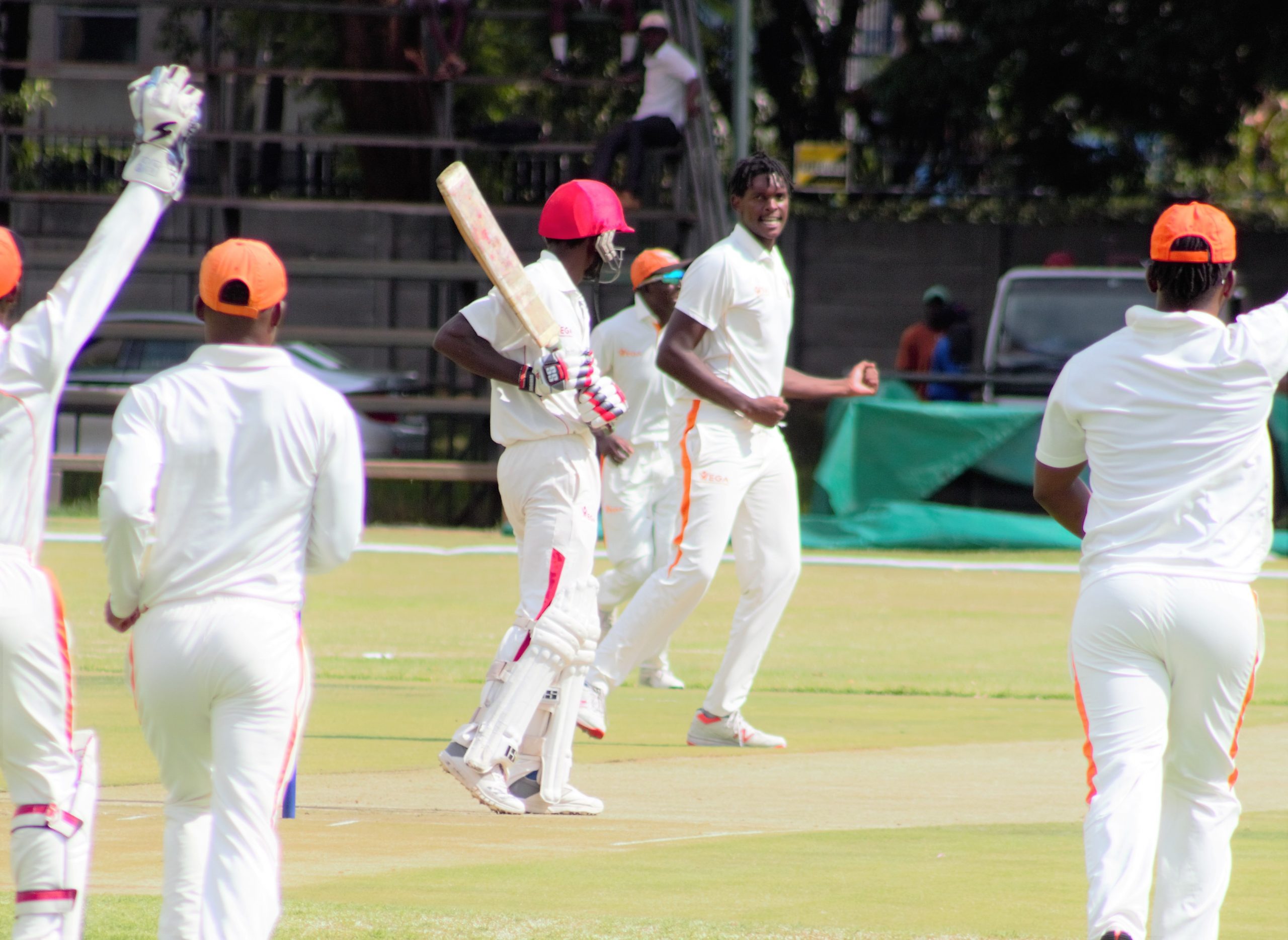Copyright 3-mob

The 32nd season of Zimbabwe’s premier domestic cricket tournament, the Logan Cup is upon us. Mountaineers are the defending champions, but will face challenges from perennial rivals Eagles, a beefed up Rhinos, a Tuskers full of potential and the usually attritional Southern Rocks. Given its status, we realised that many people did not understand what it was about and where it stands in cricket. So in this article, we will explain what it is, why it matters and how it actually helps development for all formats. What is the Logan Cup? The Logan Cup is Zimbabwe’s oldest and most prestigious domestic first-class cricket tournament, organised by Zimbabwe Cricket. Named after Scottish colonialist and Cecil John Rhodes rival, James Douglas Logan, who presented the cup to Rhodesian cricket teams in 1903. The first recorded cricket match in what was then Rhodesia took place in August 1890 near Fort Victoria, marking the beginning of organised cricket in the country. The tournament gained first-class status in 1992, coinciding with Zimbabwe’s elevation to Test status. The inaugural first-class Logan Cup competition in the 1993-94 season was won by Mashonaland Under-24s. Since the 2009-10 season, the tournament has primarily featured five provincial sides. Five? But Zimbabwe has 10 provinces. You are right. The five teams are made up of two provinces each: Eagles (Harare and Mashonaland West)Tuskers (Bulawayo and Matabeleland North)Rhinos (Midlands and Mashonaland West)Mountaineers (Manicaland and Mashonaland East)Southern Rocks (Masvingo and Matabelenands South) Why the Logan Cup Matters National Team Pipeline The Logan Cup serves as the primary talent identification and development pathway for Zimbabwe’s national cricket teams. Players who excel in the Logan Cup naturally progress towards international selection, making it the most important proving ground for aspiring cricketers. Recent seasons have seen players such as Nick Welch, Vincent Masekesa and Brian Bennett rewarded for domestic form. Domestic Competition Standards As a first-class competition, the Logan Cup maintains the highest standards of domestic cricket in Zimbabwe. Matches are played over four days with unlimited overs, closely mirroring Test cricket conditions. This ensures that players develop the technical skills, mental resilience, and tactical understanding required for international cricket. Sure, Zimbabwe is still working to align its standards with other countries, but this remains the best the country has to offer. Regional Representation The franchise system allows for balanced representation across Zimbabwe’s cricket-playing regions, ensuring that talent from all areas of the country has opportunities for development and exposure. This regional structure has helped maintain cricket’s grassroots presence throughout the nation. The Critical Role of First-Class Cricket in Player Development First-class cricket, exemplified by competitions like the Logan Cup, plays an indispensable role in developing players capable of succeeding across all formats of the game. Understanding why requires examining what makes first-class cricket unique and how it builds comprehensive cricketing skills. Technical Foundation Building First-class cricket demands technical excellence in ways that shorter formats cannot replicate. With matches lasting up to four days and batsmen potentially batting for hours, players must develop sound defensive techniques, proper shot selection, and the ability to construct innings patiently. Bowlers learn to bowl long spells, maintain accuracy over extended periods, and develop subtle variations that exploit pitch conditions as they change throughout a match. These technical fundamentals become the foundation upon which all other cricket skills are built. It helps a players become more aware of their own game. Mental Fortitude and Concentration The extended duration of first-class matches tests mental strength like no other format. Batsmen must concentrate for hours, sometimes days, to build substantial innings. Bowlers must maintain discipline through long spells when conditions favor batting. Fielders must stay alert and engaged throughout lengthy sessions. It teaches players to handle pressure, overcome setbacks, and maintain focus regardless of match situations. Tactical and Strategic Depth First-class cricket offers unparalleled opportunities to understand cricket’s strategic complexities. Captains learn to manage resources across multiple innings, set attacking and defensive fields for different conditions, and make decisions that impact matches over several days. Players develop an understanding of how pitches change over time, how to build partnerships, when to attack and when to defend, and how to read match situations. Development Across All Formats Perhaps most importantly, first-class cricket develops versatile players capable of succeeding in Test matches, ODIs, and T20s. While the formats differ significantly in pace and approach, the skills learned in first-class cricket provide a platform for success everywhere: For Test Cricket: First-class cricket is obviously the closest preparation for Test matches, developing the endurance, technique, and temperament required for five-day cricket at the highest level. For ODI Cricket: Players who have learned to build innings and bowl with control in first-class matches can adapt those skills to the 50-over format, where balancing aggression with stability is crucial. The ability to assess conditions, pace innings, and make tactical adjustments learned in first-class cricket directly enhances ODI performance. For T20 Cricket: Even in the most explosive format, first-class cricket experience proves invaluable. Players with solid technical foundations can take more calculated risks. Bowlers who have learned to think tactically in first-class cricket can apply those skills to the high-pressure situations of T20. The mental resilience developed through long-form cricket helps players handle T20’s intense moments. Creating Complete Cricketers The greatest players across cricket history have typically excelled in first-class cricket before mastering other formats. First-class competitions create complete cricketers who understand every aspect of the game, possess comprehensive technical skills, have developed mental toughness, and can adapt to any situation or format. The Logan Cup stands as more than just a domestic cricket competition; it represents the very foundation of Zimbabwean cricket. International wins like those achieved in recent times are not an accident. They are a result of persistent actions towards results. Subscribe to Blog via Email



